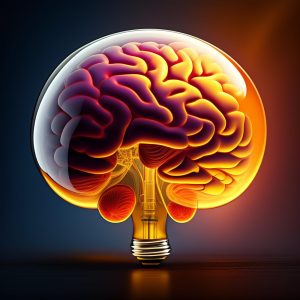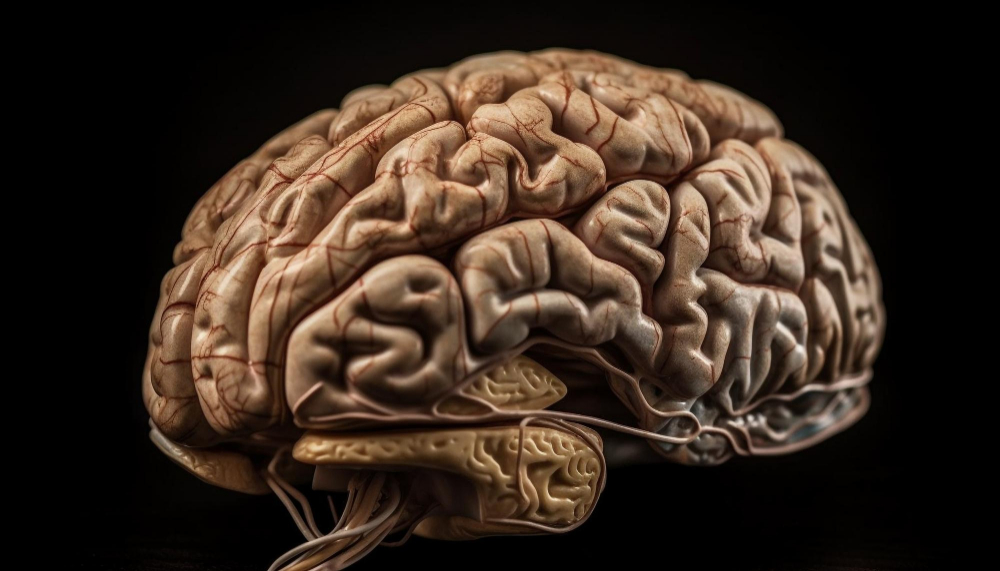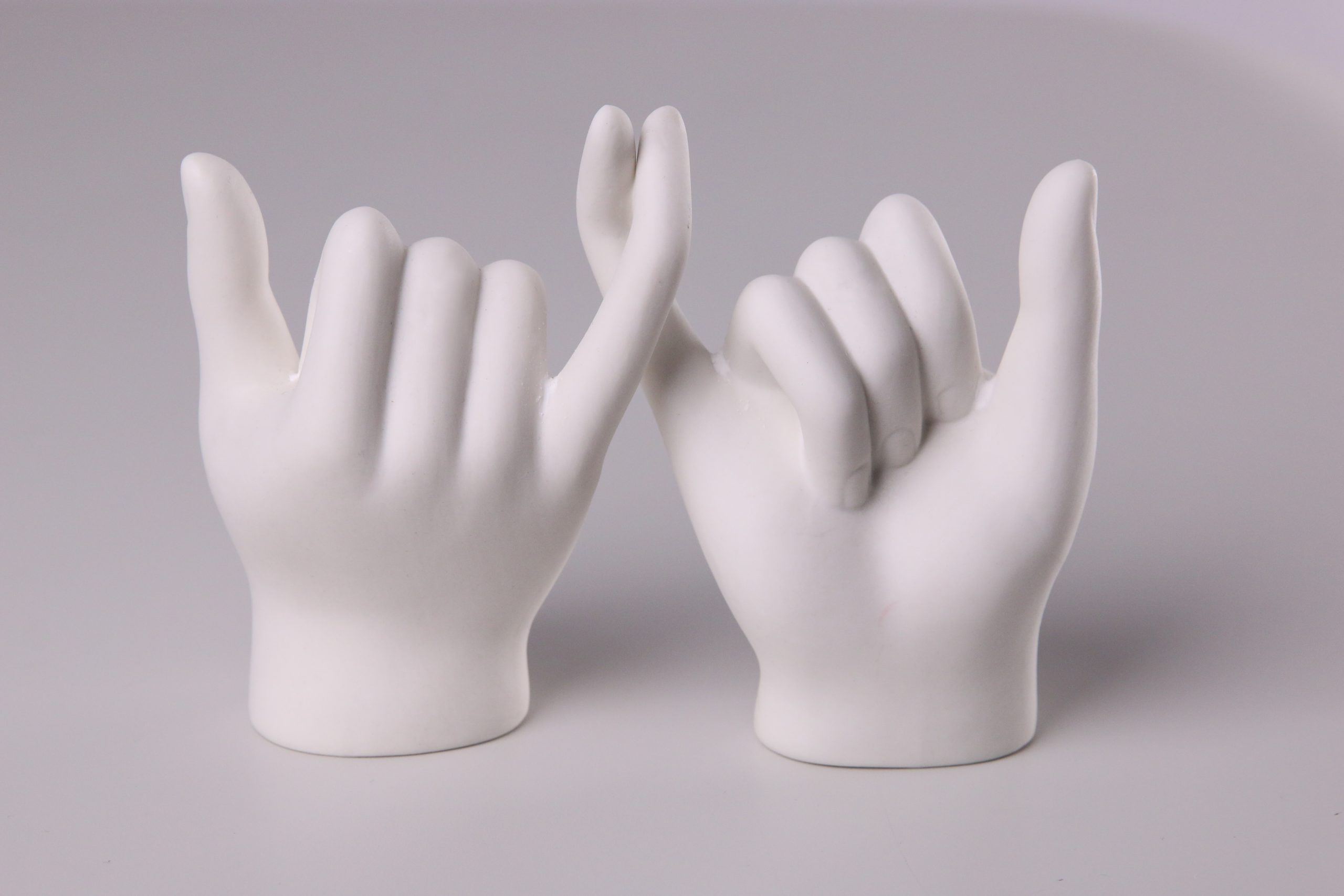The Body Keeps the Score’ by Dr. Bessel van der Kolk has emerged as a significant work in the field of trauma and mental health, blending scientific research with self-help methodologies. While the book has garnered widespread acclaim for its insights into trauma recovery, it has also sparked controversy among professionals and critics. This article aims to explore the controversy surrounding ‘The Body Keeps the Score,’ assessing the debates and viewpoints surrounding its integration of science and self-help. Additionally, we will examine the impact of this controversy on readers and the broader field of psychology.
The Intersection of Science and Self-Help
At the heart of the controversy lies the book’s unique position at the intersection of scientific research and self-help. ‘The Body Keeps the Score’ artfully combines Dr. van der Kolk’s clinical expertise with compelling personal narratives and practical healing approaches. This blending of scientific evidence with anecdotal experiences has drawn both praise and criticism.
Assessing the Critical Viewpoints
One of the primary points of contention centers around the level of scientific rigor in the book. While many praise the incorporation of cutting-edge research on trauma and neurobiology, others argue that certain claims lack sufficient empirical evidence. Critics question the generalizability of some case studies and anecdotal evidence presented in support of specific therapeutic modalities.
Moreover, some professionals express concerns about the potential oversimplification of complex psychological concepts in the self-help context. The book’s accessibility and practical recommendations have attracted a broad audience, but experts worry that the nuances of trauma treatment might be overlooked or misunderstood in the process.
Debates about Treatment Approaches
‘The Body Keeps the Score’ introduces an array of therapeutic approaches, ranging from established modalities like Eye Movement Desensitization and Reprocessing (EMDR) to alternative practices like yoga and neurofeedback. While many readers have found these methodologies helpful, critics argue that not all approaches receive equal scrutiny in terms of evidence-based support.
The controversy extends to discussions about the role of medication in trauma treatment. Some professionals raise concerns about the book’s relative emphasis on non-pharmacological interventions, while others contend that medication is a crucial component in certain cases of trauma-related disorders.

Impact on Readers and the Field of Psychology
The controversy surrounding ‘The Body Keeps the Score’ has a significant impact on readers’ perceptions and experiences. For some, the book serves as a transformative and empowering resource, providing valuable insights and practical tools for healing. On the other hand, the critical debates may leave others feeling uncertain or questioning the book’s credibility.
In the field of psychology, the controversy has sparked discussions about the integration of science and self-help in popular publications. Professionals weigh the benefits of making research accessible to the general public against the potential risks of oversimplification or misinterpretation.
The Broader Significance
Beyond the debates surrounding ‘The Body Keeps the Score,’ the book has undeniably raised awareness about trauma and its effects on individuals’ lives. It has prompted crucial conversations about trauma-informed care and the importance of considering the mind-body connection in treatment approaches.
Conclusion
As ‘The Body Keeps the Score’ continues to provoke debate, it remains a significant work that straddles the boundaries between science and self-help. The controversy surrounding the book offers an opportunity for critical reflection and discussion within the field of psychology and trauma treatment. Ultimately, it highlights the complexities of trauma recovery and the ongoing pursuit of integrating scientific research with practical approaches for healing and growth.










